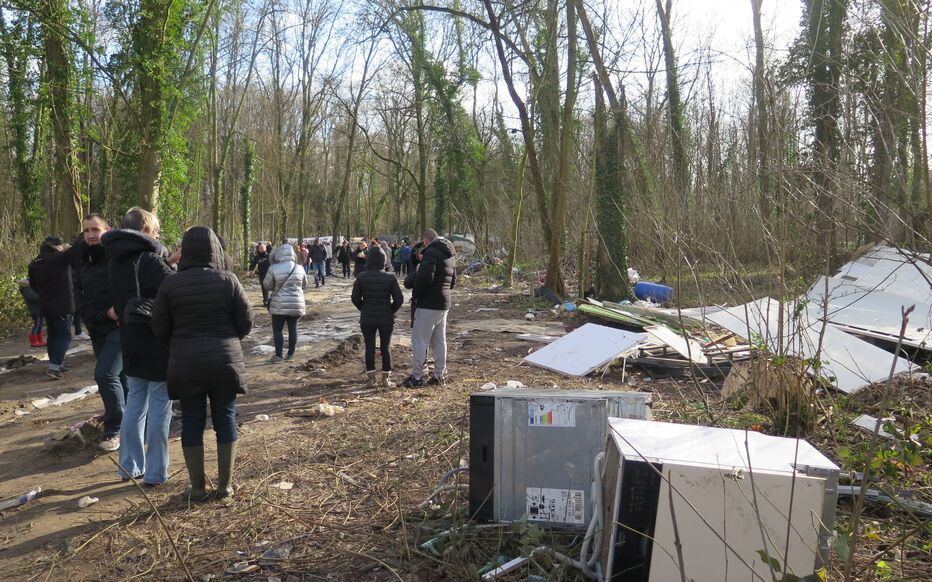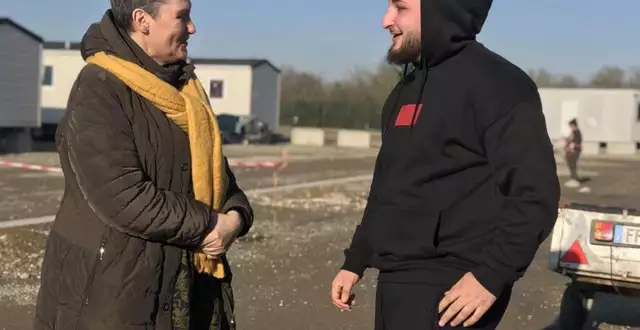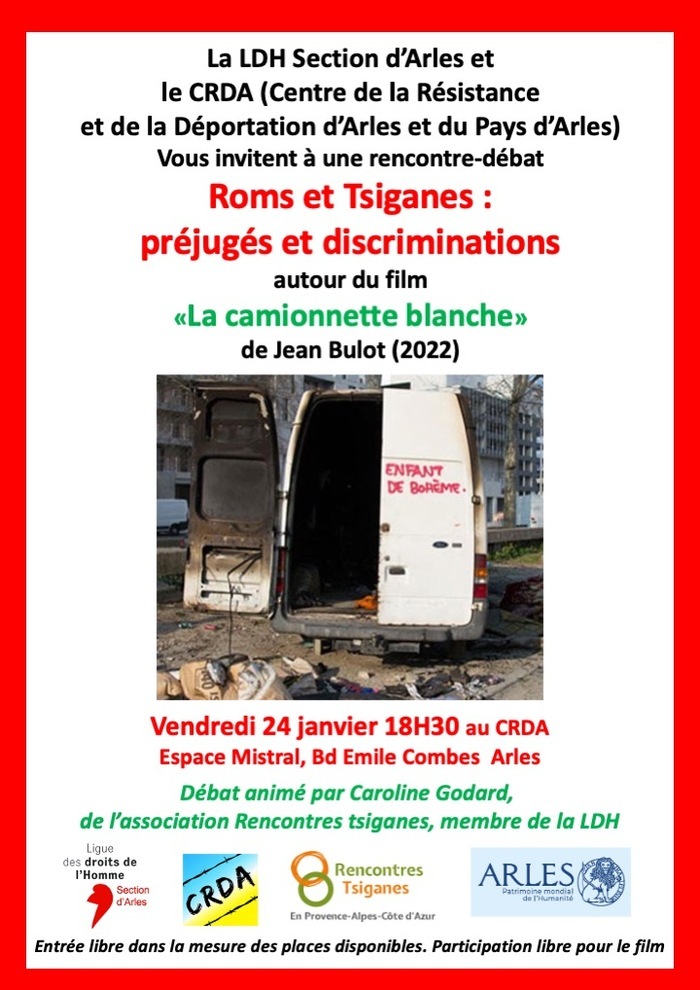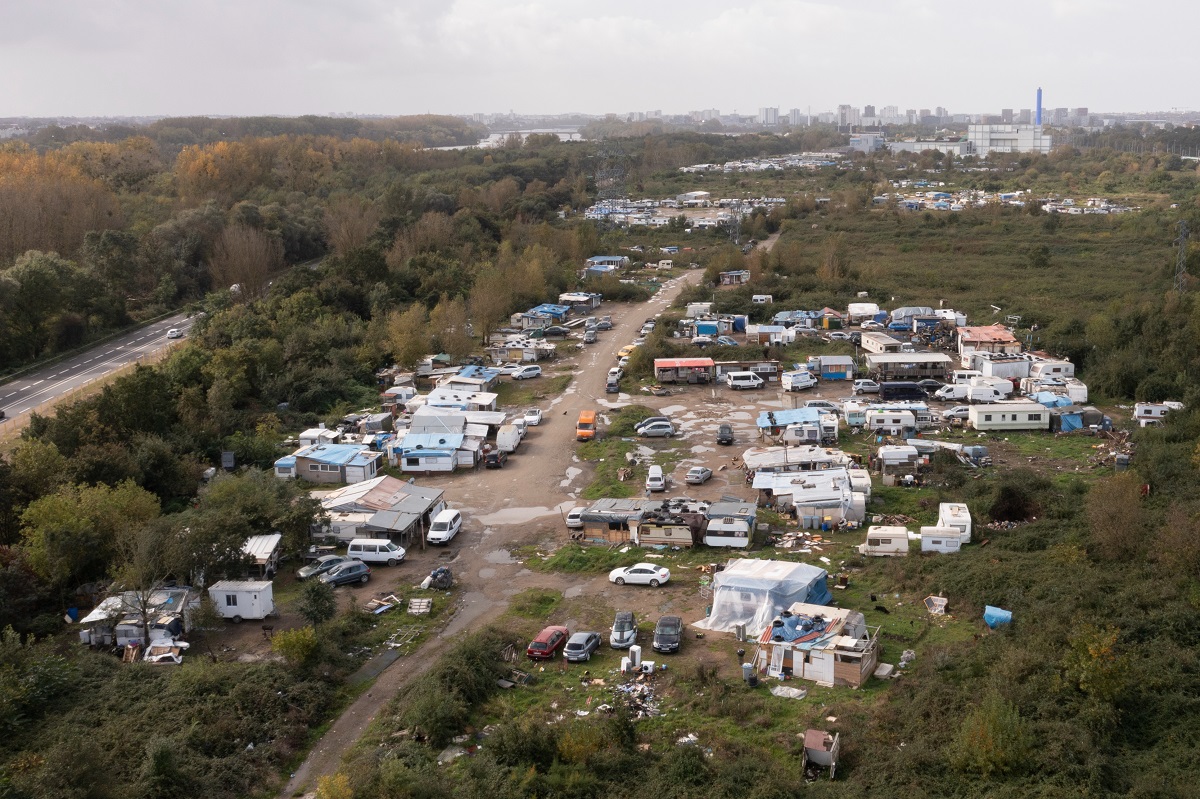Bran (2013) reports on the tense relationship between Romania and France, a relationship that deteriorated due to the Rroma two countries’ Rroma policies. French politicians such as Pierre Lellouche claims that Romania intentionally does nothing against the migration of Rroma to France, greets the funds they receive from French social services and that the country does not take integration policies seriously enough. Thus, Romania is an unworthy member country of the European Union and is a “rogue state”: “Vous ne pouvez pas ignorer les conditions parfaitement indignes que les Roms subissent dans votre pays, malgré les milliards d’euros déversés par l’Europe pour aider la Roumanie à intégrer cette minorité. Ce comportement n’est pas digne d’un Etat de l’Union et, je le répète, c’est le comportement d’un Etat voyou. J’ai le regret de vous dire qu’aucune formule de politesse ne me vient à l’esprit.” [You cannot ignore the perfectly horrid conditions that Rroma are subjected to in your country, in spite of the billions of Euro poured by Europe to help Romania to integrate this minority. This behaviours is not worthy of a Member State of the Union, and, I repeat it, is the behaviour of a hooligan state. I regret to say that no politeness forms comes to my mind.]
Bran then continues to show the evolution of French Rroma policies: Initially, one tried, with the gift of sheep to Rroma to bind them to Romania. When this turned out to fail, one granted 300 euro to voluntary returnees to Romania. This policy was not really successful either, and many came to France for the return money. Since the accession of Romania to the European Union, France deports annually approximately 10,000 Rroma to Romania. The two countries policies towards Rroma are not furthering the situation, something that would require the long term integration of Rroma, and currently are simply a mutual back and fro deportation of an unwanted minority.
Piquemal (2013) emphasizes in her article that the circular from the 28.08.2012, calling for an orderly implementation of the evictions is only very occasionally applied. The still regular evictions lead to the failure of integration efforts and the aggravate the traceability of medical assistance programs. In addition, the fear of identity checks keeps Rroma away from health institutions. Thus, for example, vaccination programs that require repeated treatment are difficult or impossible due to the evictions. Therefore, people such as Pascale Quivy of Romeurope engage themselves for the maintenance of these settlements. Fixing the population facilitates the medium-to long-term integration. To promote this, Rroma immigrants should also get working papers in a easier way, something that until now is difficult. As of January 2014, obtaining work permits in France should be facilitated by the bilateral agreements between the EU member states. However, this does not delight everyone. Rightist politicians are engaged against the integration of the Rroma and they want to make them go back to Romania and other countries of origin.
Vallet (2013) emphasises in her article the greatly inadequate health care for many Rroma. The non-governmental organization Médecins du Monde pointed out in a report on the medical the blatant abuses of this minority. Thus, the infant mortality rate of Rroma in Romania is twice as high as in the rest of the population, the same is true of malnutrition. Regarding health care, the report back to the same conclusions as the ones from Piquemal (2013). The evictions lead to additional deterioration of health: “En France, le suivi médical des Roms, vivant en grande majorité dans de vastes bidonvilles, est rendu complexe par la politique d’expulsions systématiques conduite par les gouvernements, de droite comme de gauche, depuis plusieurs années.” [In France the medical follow-up of Rroma, living in a large majority in large slums is becoming exceedingly complex due to the systematic evictions conducted by the governments – left or right – since years.] An additional barrier is the lack of language skills and inadequate funding for treatments that need to be paid. Representatives of Médecins du Monde require easier access to health care institutions and a more mobile structures.
Depecker (2013) reports on a citizens meeting in Roubaix, which will have legal consequences. On the evening of 21 May 2013, the mayor of Roubaix summoned the residents of the street d’Avelghem to inform them about the establishment of a Rroma housing project in their neighbourhood. The project includes the construction of 52 residential units. The majority reactions were negative and led to racist abuse such as statements that one should send Rroma to Auschwitz or to otherwise destroy them. Ten days after the event, the mayor of Roubaix, Pierre Dubois, filed a complaint against for incitation to racial hatred. The police will now ask the participants of the event about the identity of the persons concerned.
Sources:
- Bran, Mirel (2013) Mots doux autour des Roms. In: Le Monde online vom 28.6.2013.
- Depecker, Vincent (2013) «Envoyer les Roms à Auschwitz»: une enquête ouverte après la plainte du maire de Roubaix. In: Nord Eclair online vom 26.6.2013.
- Piquemal, Marie (2013) Roms: Les associations dénoncent «une politique absurde» In: Libération online vom 27.6.2013.
- Vallet, Cédric (2013) Europe : Des Roms en mauvaise santé. In: Alter Echos online vom 28.6.2013.







